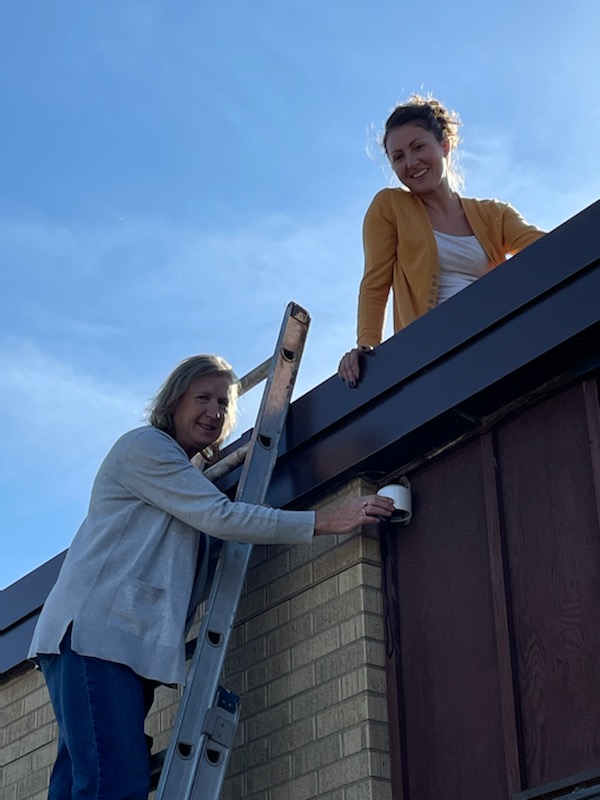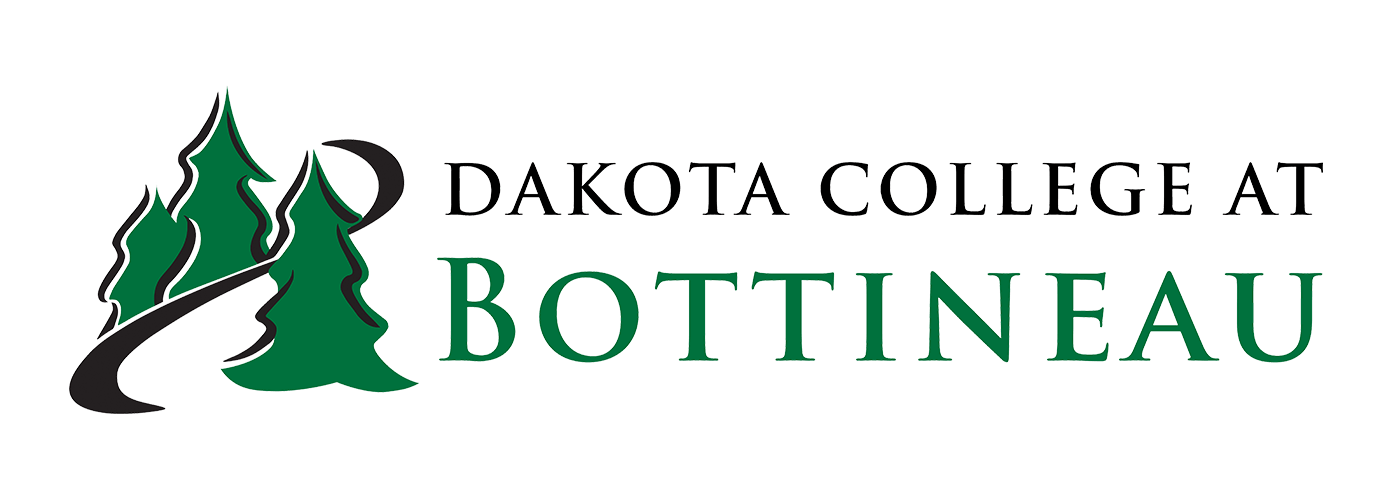DCB Participates in Educator’s Workshop

The North Dakota Space Grant Consortium (NDSGC) hosted a NASA in the Classroom Educator Workshop that focused on bringing real-world NASA data and resources to ND classrooms. The goal of the workshop was to guide educators in engaging students in areas of atmospheric science and science, technology, engineering, and math (STEM), by using effective instructional strategies and inclusive educational resources, using inspiring NASA content.
NASA initiated the National Space Grant College and Fellowship Program, also known as Space Grant, in 1989. Space Grant is a national network of colleges and universities. These institutions are working to expand opportunities for Americans to understand and participate in NASA's aeronautics and space projects by supporting and enhancing science and engineering education, research, and public outreach efforts. The North Dakota NASA Space grant consortium has 18 affiliate members which includes all public higher education institutions in ND and the ND State Historical Society and Gateway to Science Center. As a member of this consortium Dakota College at Bottineau receives grants, student scholarship funds, professional development opportunities, research funding and fellowships for faculty.
Angie Bartholomay, Associate Science Professor and Janelle Green, Biology Instructor attended the workshop on behalf of Dakota College at Bottineau. They appreciate participating in the NASA workshops, because they provide curriculum and technology additions and are highly interactive. Green states, “We are able to effectively replicate the activities with our students”.
The workshop provided the instructors with two PurpleAir sensors. Each educator installed their own PurpleAir atmospheric sensor outside of their school and learned from NASA scientists on how to incorporate citizen science, online atmospheric resources, and STEM activities into their curriculum. One has been placed on Dakota College campus and the second on private land near Lake Metigoshe.
The sensors provide students an opportunity to complete smaller scale research through data review and tracking data trends that coincide with simultaneous weather monitoring. The purple air sensors can provide meaningful realworld research opportunities for Dakota College at Bottineau students while being a part of a global movement. In addition, the information collected by these are useful for common citizen to understand the environmental conditions of their surroundings. For example: the effects of the western wildfires on Bottineau’s air quality can be seen. Nationwide and local air map samples are attached.


